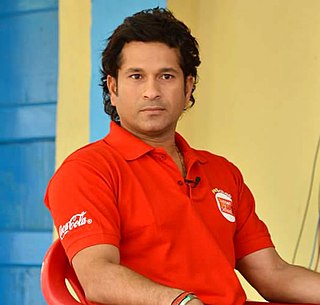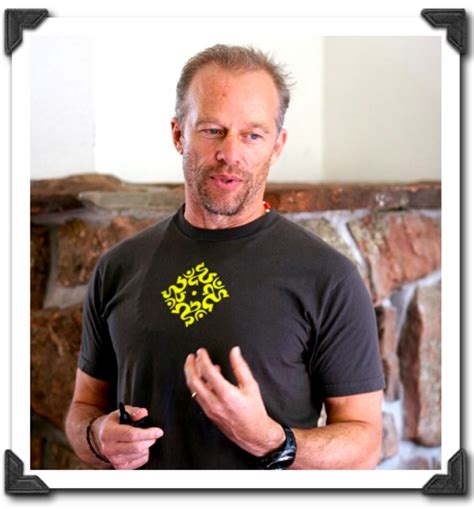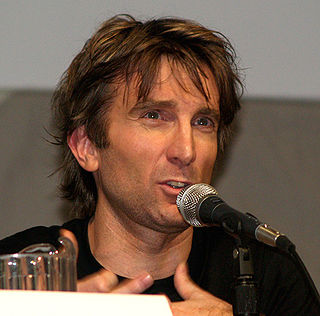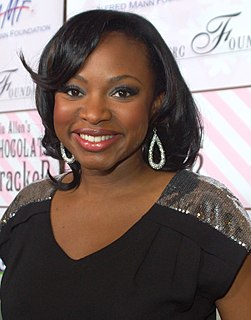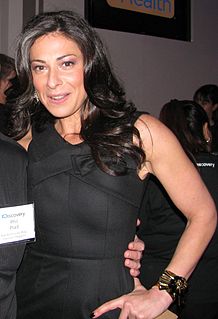A Quote by Paul Auster
I'm really trying to dredge up what one might call intellectual and moral material. For example, when do you realize that you are an American? What age does that happen to you? When do you realize what religion your parents practice? When does it all become conscious? I was interested in exploring all of that.
Related Quotes
I feel it's the conscious mind that messes things up. The conscious mind is constantly telling you, this might happen or that might happen, even before it has happened. Your conscious mind tells you the next ball might be a out-swinger, but when it's coming at you you realize it's an in-swinger... so literally, you've played two balls.
What does "living your best life" mean to you? Does it mean accumulating wealth and fulfilling all your material wants? Or, does it mean turning away from the material world in order to fully realize the gift of spirit? We often tend to think of these objectives as being mutually exclusive: material fulfillment or spiritual fulfillment, not both together.
You aren't always going to make stuff that everybody does. The sooner that you just realize that and accept that, the better. At best, hopefully, you will like it, every time, and that might not even happen. It's the nature of your work. It's just what comes with it. So, it makes it easier to deal with anybody criticizing you or anything thinking you're wonderful when you realize that you just need to focus in this one area, which is your creative fulfillment and enjoyment.
The objections to religion are of two sorts - intellectual and moral. The intellectual objection is that there is no reason to suppose any religion true; the moral objection is that religious precepts date from a time when men were more cruel than they are and therefore tend to perpetuate inhumanities which the moral conscience of the age would otherwise outgrow.
I'm not criticizing how people experience what they might call spirituality. I am interested in looking critically at something else - at how people use their language to articulate theories about something they call religion, to say, for example, that "in Islam religion and politics necessarily go together," or to insist that "violence has no place in religion," to universalize it.
Theology necessitates an image of God as a conscious, rational, supernatural being of unlimited power and scope who cares about humans and imposes moral codes and responsibilities upon them, thereby generating serious intellectual questions such as: 'Why does God allow us to sin?' 'Does the Sixth Commandment prohibit war?'
You need to up your vocabulary, boy. You can’t walk around letting people think you’re stupid. Expand your horizons. Besides, it’s fun to call people names they have to look up to realize they’ve been insulted. (Mark) Yeah, that’s a twofer there. You get away with it and then they’re twice as mad when they realize how bad you really insulted them. Especially if they mistake it for a compliment when you say it and thank you for it. (Bubba)
Meditation practice is like piano scales, basketball drills, ballroom dance class. Practice requires discipline; it can be tedious; it is necessary. After you have practiced enough, you become more skilled at the art form itself. You do not practice to become a great scale player or drill champion. You practice to become a musician or athlete. Likewise, one does not practice meditation to become a great meditator. We meditate to wake up and live, to become skilled at the art of living.

